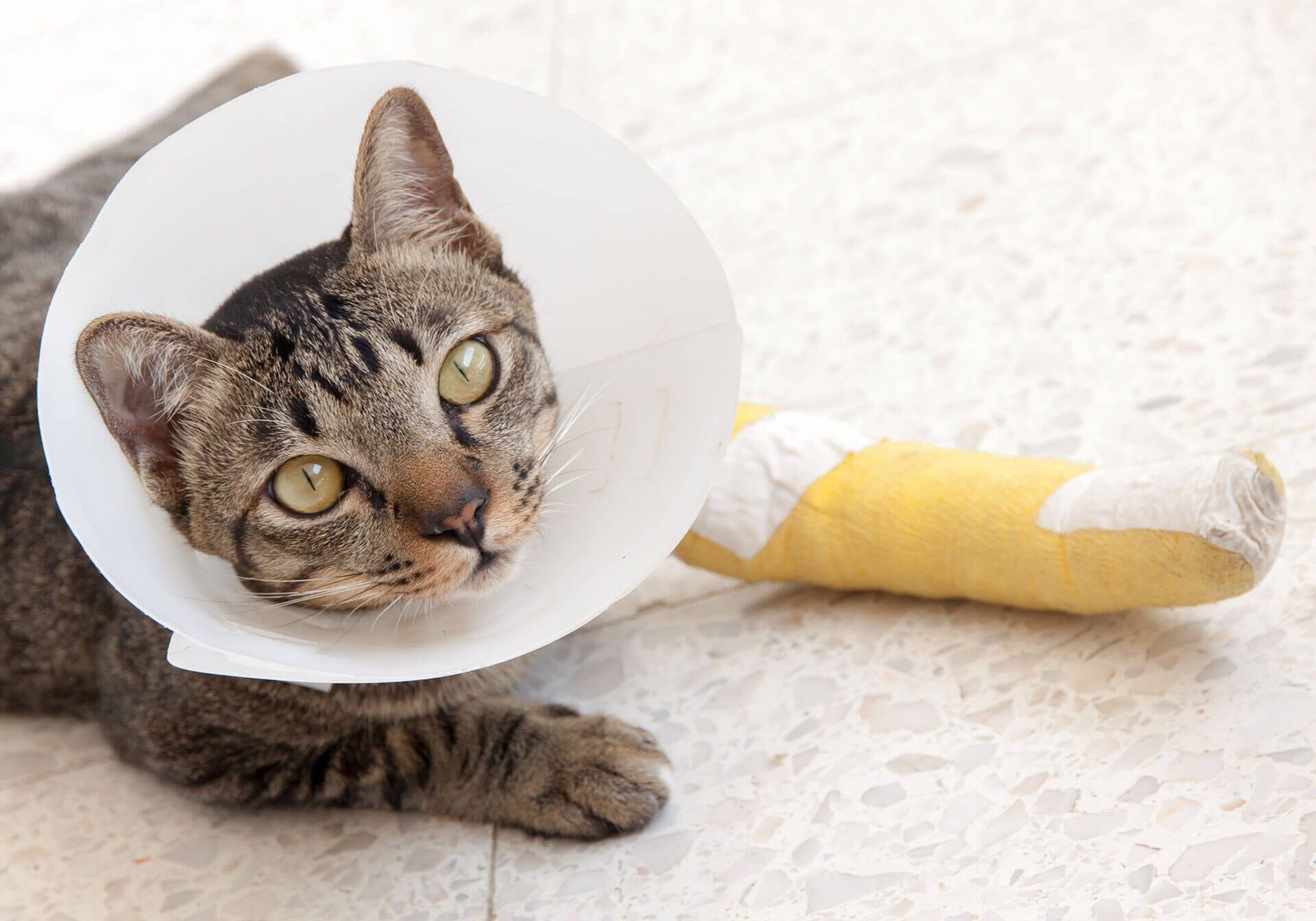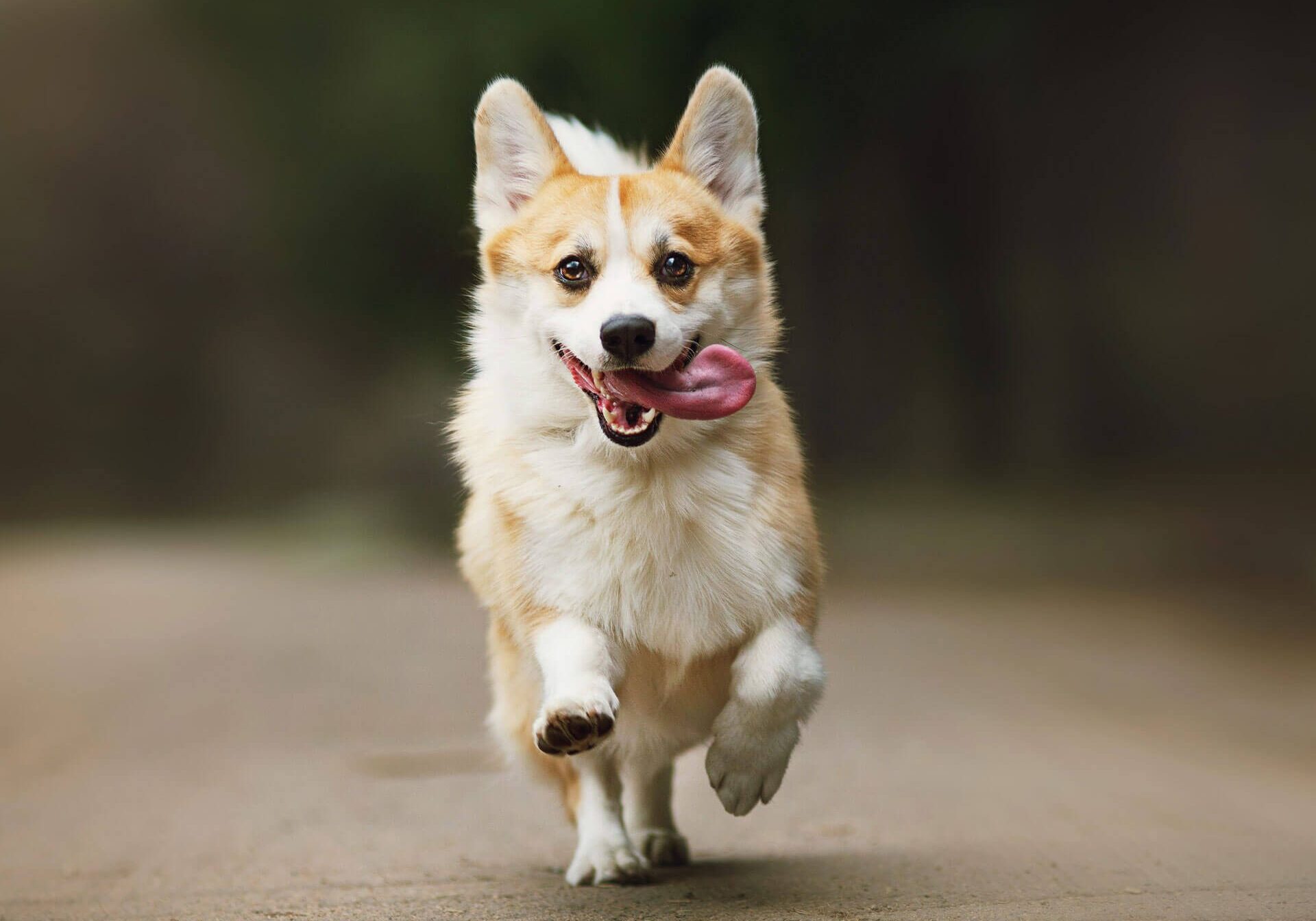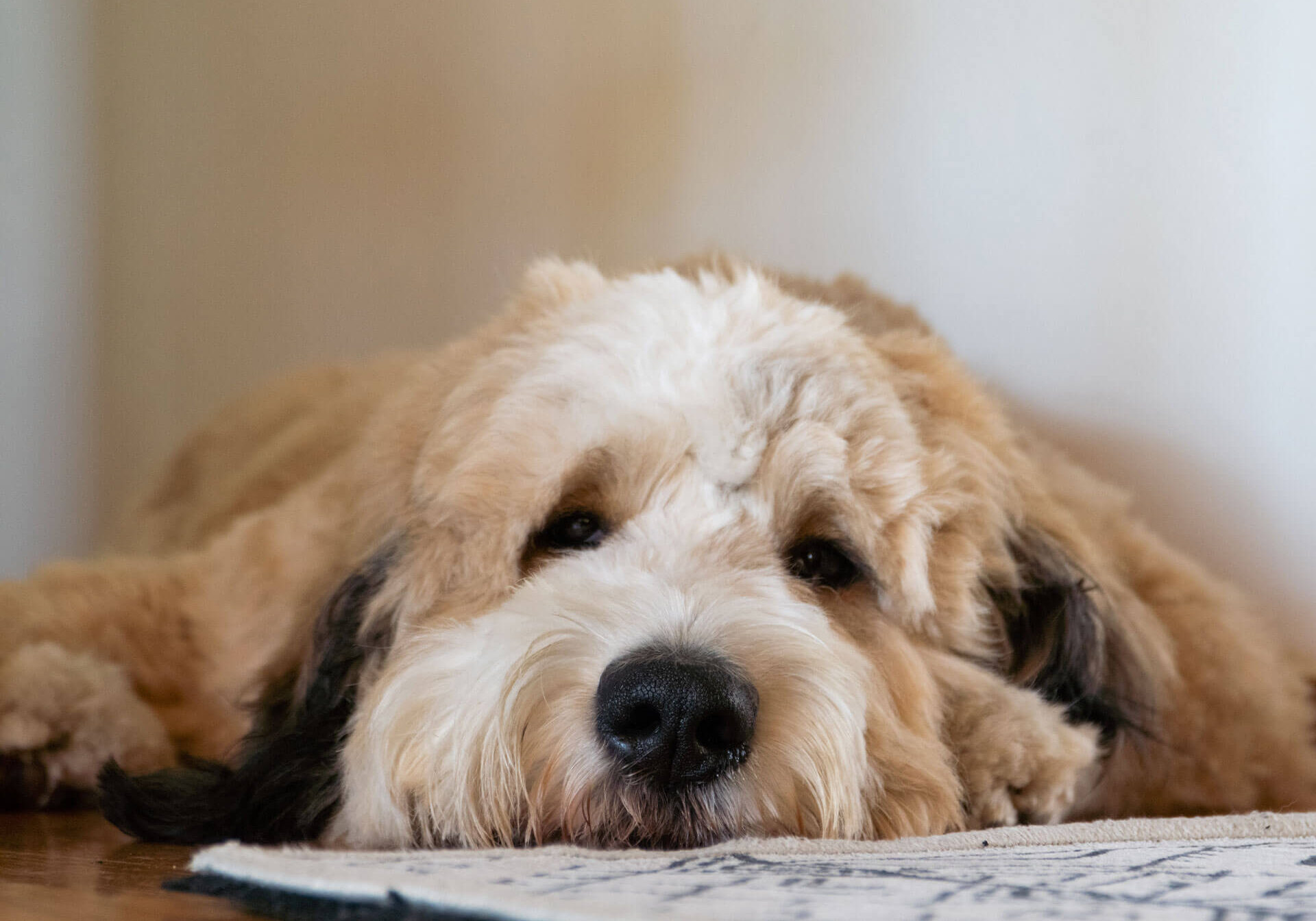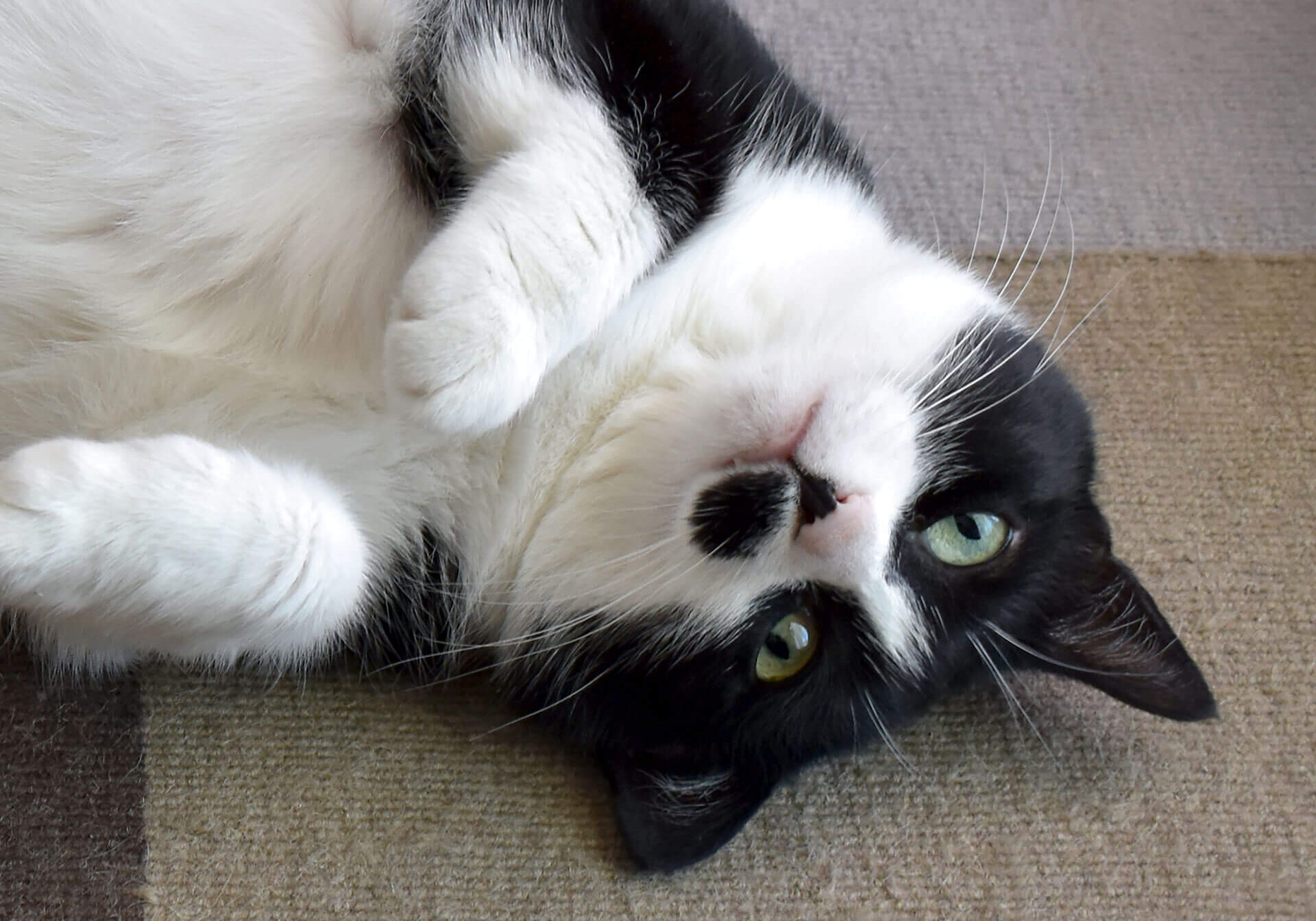Common Orthopedic Surgeries We Perform

Fracture Repairs
Leg fractures are a common injury in pets, often resulting from accidents. We use a range of advanced techniques to stabilize fractures based on their type and severity:
- Pinning: A stainless steel rod is inserted into the bone to hold the fracture in place as it heals.
- Plating: A flat metal plate is attached to the bone with screws to stabilize the fracture.
- External Fixation: Pins are placed through the bone and connected externally, providing secure stabilization during the healing process.
Our experienced team evaluates each case to determine the best approach for a successful recovery.

Cruciate Ligament Repairs (TPLO)
Cranial cruciate ligament (CCL) injuries are one of the most common orthopedic issues in dogs, equivalent to ACL injuries in human athletes. These injuries cause pain, instability, and lameness in the knee.
We offer tibial plateau leveling osteotomy (TPLO) surgery, a state-of-the-art procedure to restore knee function. During a TPLO, we adjust the knee’s mechanics to eliminate the need for the torn ligament, ensuring long-term stability and mobility. This procedure is particularly effective for active dogs and large breeds prone to ligament injuries.

Hip Dysplasia Treatment
Hip dysplasia is a genetic condition that causes joint instability and arthritis. Depending on the severity, treatment options may include:
- Corrective surgery to realign the joint
Our team will work with you to create a personalized treatment plan that maximizes your pet’s comfort and quality of life.

Other Orthopedic Conditions
We also address a variety of conditions, including:
- Patellar luxation (slipping kneecaps)
- Disc disease (spinal issues affecting mobility)
- Elbow dysplasia (a developmental condition in the front legs)
Why Choose Us for Orthopedic Surgery?
We combine advanced surgical techniques with compassionate care to ensure your pet’s best outcome. Every patient undergoes:
- Thorough Pre-Surgical Evaluations: Blood work and imaging to assess health and surgical readiness
- Modern Anesthesia and Monitoring: Continuous monitoring of vital signs throughout the procedure
- Comprehensive Aftercare Support: Detailed recovery plans, including pain management and rehabilitation guidance
For complex cases requiring specialized expertise, we partner with board-certified orthopedic surgeons, ensuring your pet receives the highest standard of care.
Signs Your Pet May Need Orthopedic Care
- Limping or difficulty walking
- Favoring one leg or holding it off the ground
- Stiffness or reluctance to climb stairs, jump, or run
- Signs of pain, such as whining, hiding, or avoiding physical activity
If you notice any of these symptoms, contact us for an evaluation. Early intervention can make a significant difference in your pet’s recovery and quality of life.


